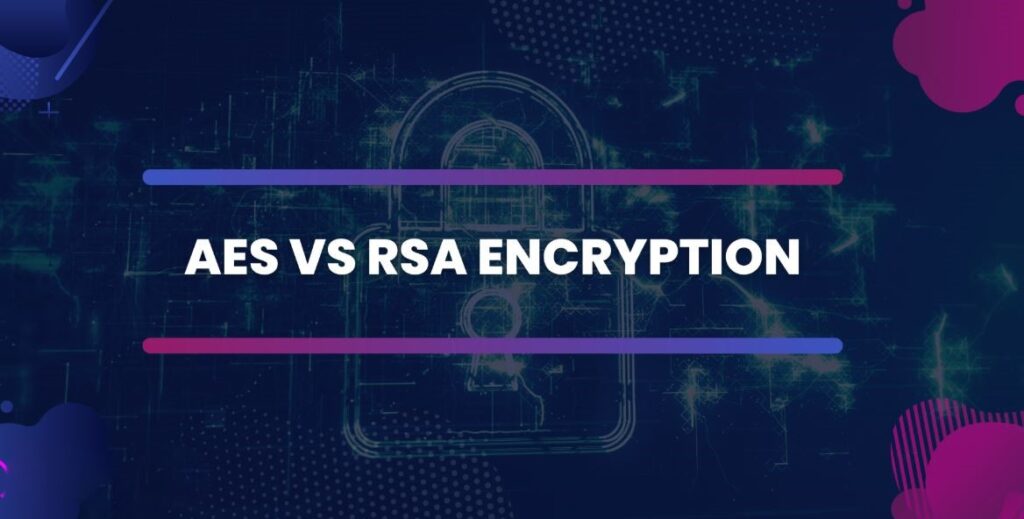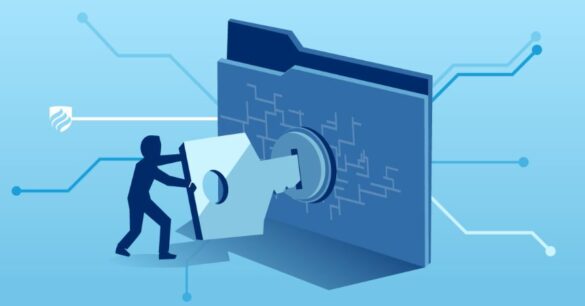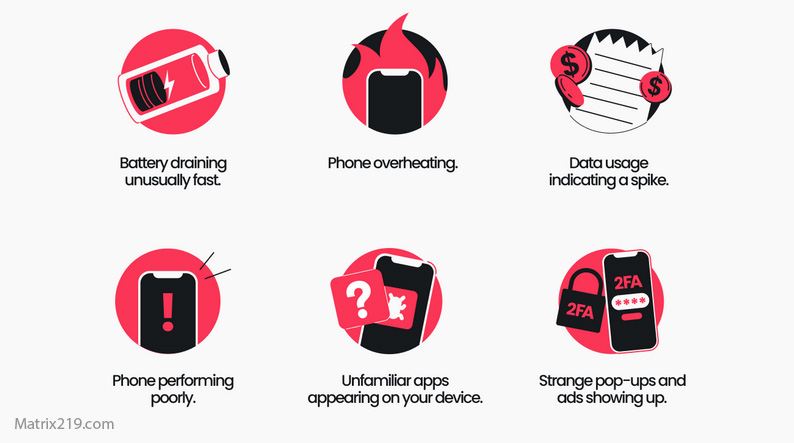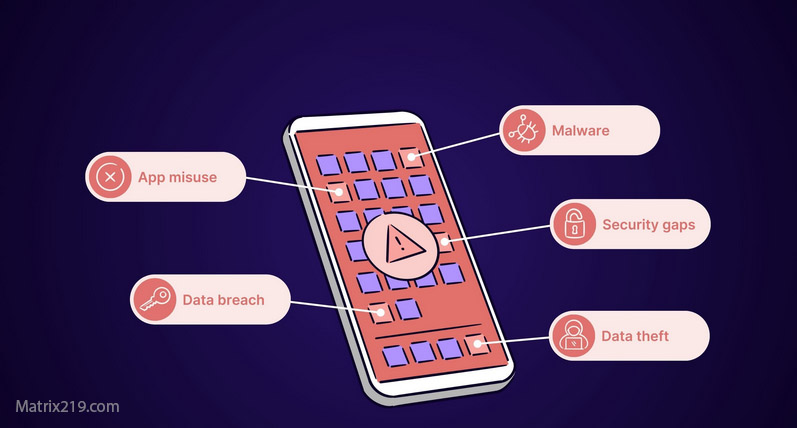What is Information Security?
Information security (InfoSec) refers to the practices and technologies used to protect data from unauthorized access, modification, or destruction. The goal is to ensure confidentiality, integrity, and availability of information.
Why is Information Security Important?
With the increasing reliance on the internet, securing personal and corporate data is essential to prevent cyber threats such as hacking, phishing, and ransomware attacks.
Key Components of Information Security
1. Confidentiality
- Ensures that data is accessible only to authorized users.
- Achieved through encryption, access control, and strong password management.
2. Integrity
- Protects data from unauthorized changes or deletions.
- Implemented using backups and data integrity verification tools.
3. Availability
- Ensures uninterrupted access to information when needed.
- Achieved through DDoS protection, redundancy, and disaster recovery strategies.

information security career
How to Start a Career in Information Security
1. Learn the Basics of Computing and Networking
- Understand network protocols, operating systems, and cybersecurity fundamentals.
- Take free online courses or enroll in cybersecurity training programs.
2. Obtain Industry Certifications
- CompTIA Security+ – A great starting point for beginners.
- Certified Information Systems Security Professional (CISSP) – For advanced professionals.
- Other useful certifications: CEH (Certified Ethical Hacker), OSCP (Offensive Security Certified Professional).
3. Gain Hands-on Experience
- Learn ethical hacking using tools like Wireshark, Nmap, and Metasploit.
- Use Virtual Labs and platforms like Hack The Box to practice penetration testing safely.
4. Join Cybersecurity Communities
- Participate in forums like Reddit (r/cybersecurity), Stack Overflow, and OWASP.
- Engage in Capture The Flag (CTF) competitions to enhance problem-solving skills.
How to Apply InfoSec Practices in Daily Life
1. Use Strong, Unique Passwords
- Avoid reusing passwords across multiple platforms.
- Consider using a password manager to store complex passwords securely.
2. Keep Software and Systems Updated
- Regular updates help fix security vulnerabilities.
- Enable automatic updates for your OS, antivirus, and applications.
3. Browse the Internet Safely
- Only visit websites with HTTPS encryption.
- Be cautious of phishing emails and suspicious links.
Beginner Tips for Cybersecurity Enthusiasts
- Start with Cryptography Basics – Learn encryption techniques like AES and RSA.
- Follow Cybersecurity News – Stay updated with sources like Krebs on Security.
- Practice with Cybersecurity Challenges – Join CTF (Capture The Flag) competitions.

information security career
Conclusion
The field of information security is challenging yet rewarding, offering vast career opportunities. Continuous learning and staying up to date with emerging threats are crucial for success in this domain.





